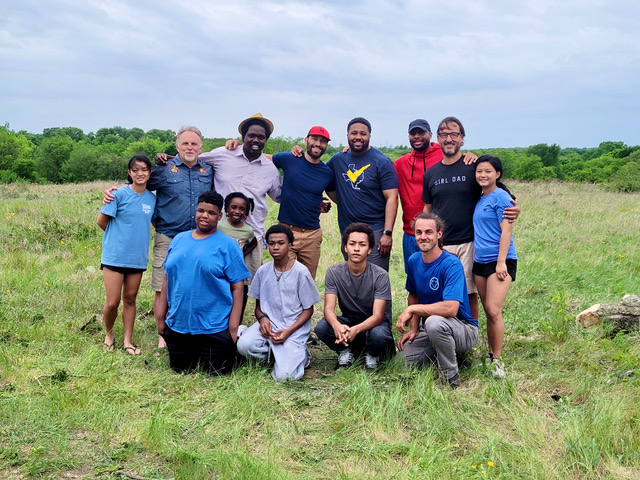
A group of Tarrant County youths, some home from youth justice facilities and others receiving community-based services as an alternative – spent last week learning about Ecological Health – the health of people, animals, and ecosystems – as part of Restoration Not Incarceration™ during Fort Worth Prairie Park Work Week. The week included prairie restoration on the native Fort Worth Prairie (now one of the most endangered native ecosystems in North America) and nature-based work therapy for re-entry youth.
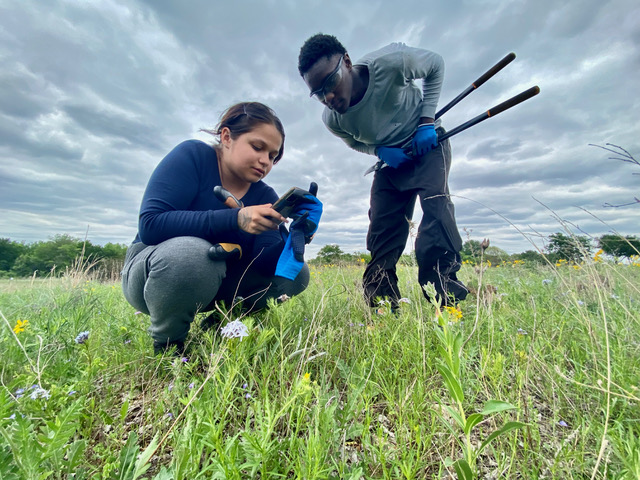
The youth are participants in Tarrant County Youth Advocate Programs (YAP), Inc. A national nonprofit in 32 states and the District of Columbia, YAP partners with youth justice, child welfare, behavioral health, public safety, and other systems to provide community-based services as an alternative to youth incarceration, congregate placements, and neighborhood violence. Tarrant County Juvenile Services and YAP work in partnership to promote positive youth development.
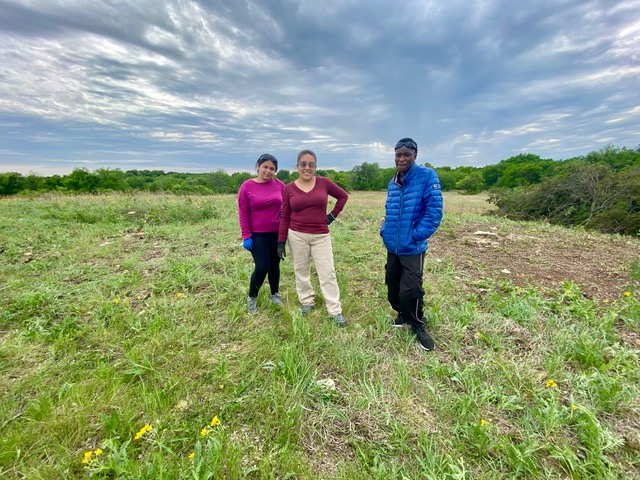
Restoration Not Incarceration™ (RNI) provides ecological restoration and preservation in conjunction with rehabilitation and recidivism reduction of young adults and youth. Based in Texas, RNI currently also offers work with partners in West Atlanta’s old growth forest and South Florida’s wild shark and mangrove ecosystems. In partnership with the non-profit Great Plains Restoration Council’s Restoration Not Incarceration™ program, Tarrant County YAP youth were paid for working outdoor green jobs by clearing brush overgrowth that is choking out native prairie on federal U.S. Army Corps of Engineers land near Benbrook Lake. This clearing enables the grassland’s rare biodiversity to flourish and provides habitat for wildlife like continentally-migrating (and declining) grassland nesting birds and Monarch butterflies.
“We take care of our own health through taking care of the endangered Earth. By taking care of others, we take care of ourselves,” said Great Plains Restoration Council (GPRC) Founder Jarid Manos. “Through GPRC’s Ecological Health model, nature-based work therapy tactically restoring and protecting threatened wild places and wildlife helps participants become more unbreakable and become ecosystem participants. The interconnected nurture and strengthening of self and Earth buttresses mental, emotional, physical, and spiritual wellness.”
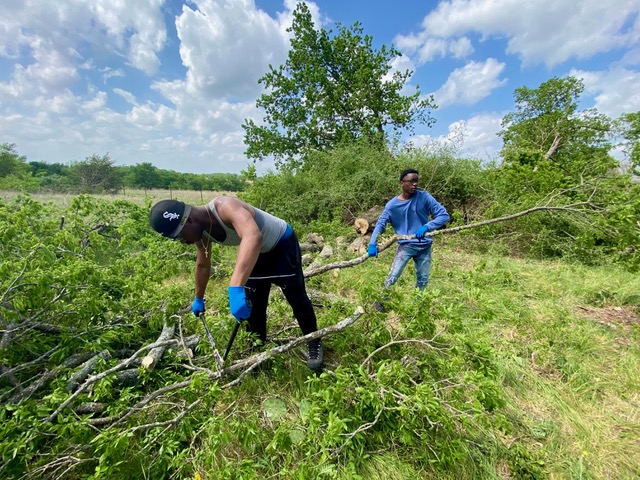
YAP participants’ work helped preserve water quality in the Upper Trinity River Watershed and assisted in providing ecological support for climate change resilience. Program participants will take an introductory course in Ecological Health Practices and Principles, and those who pass the course will receive certification.
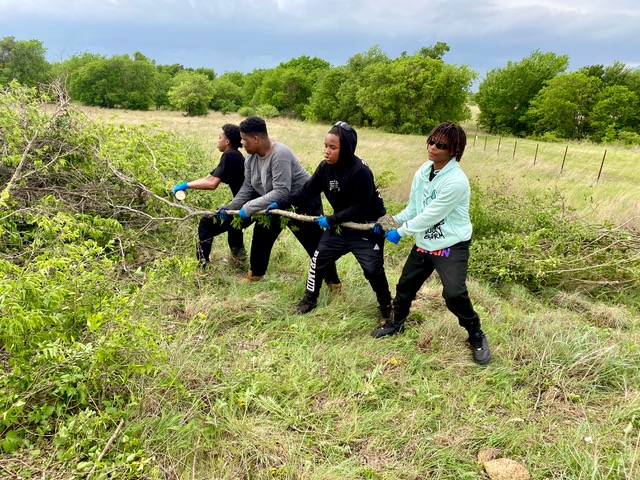
“YAP’s community-based model is all about helping young people see their strengths and connecting them and their parents, guardians, and other family members with tools to achieve positive goals,” said Sonny Chapa, Program Director of Tarrant County YAP. “Great Plains Restoration Council’s ‘Restoration Not Incarceration program’ is an excellent tool that will provide our program participants with unique experiences that will benefit them now and for years to come.”
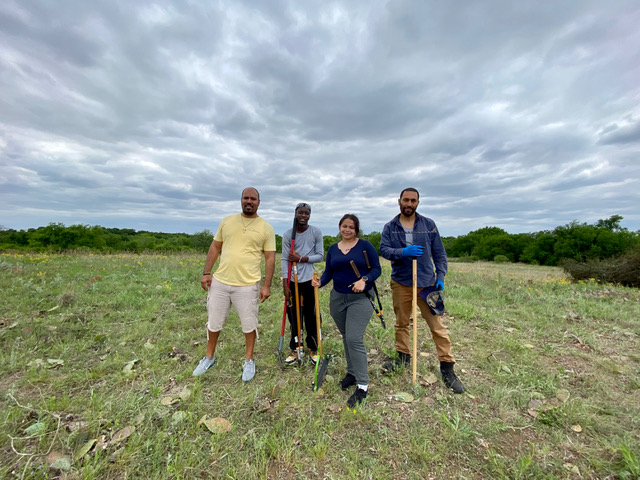
Tarrant County YAP Advocates and staff worked hard to transport program participants to-and-from the site.
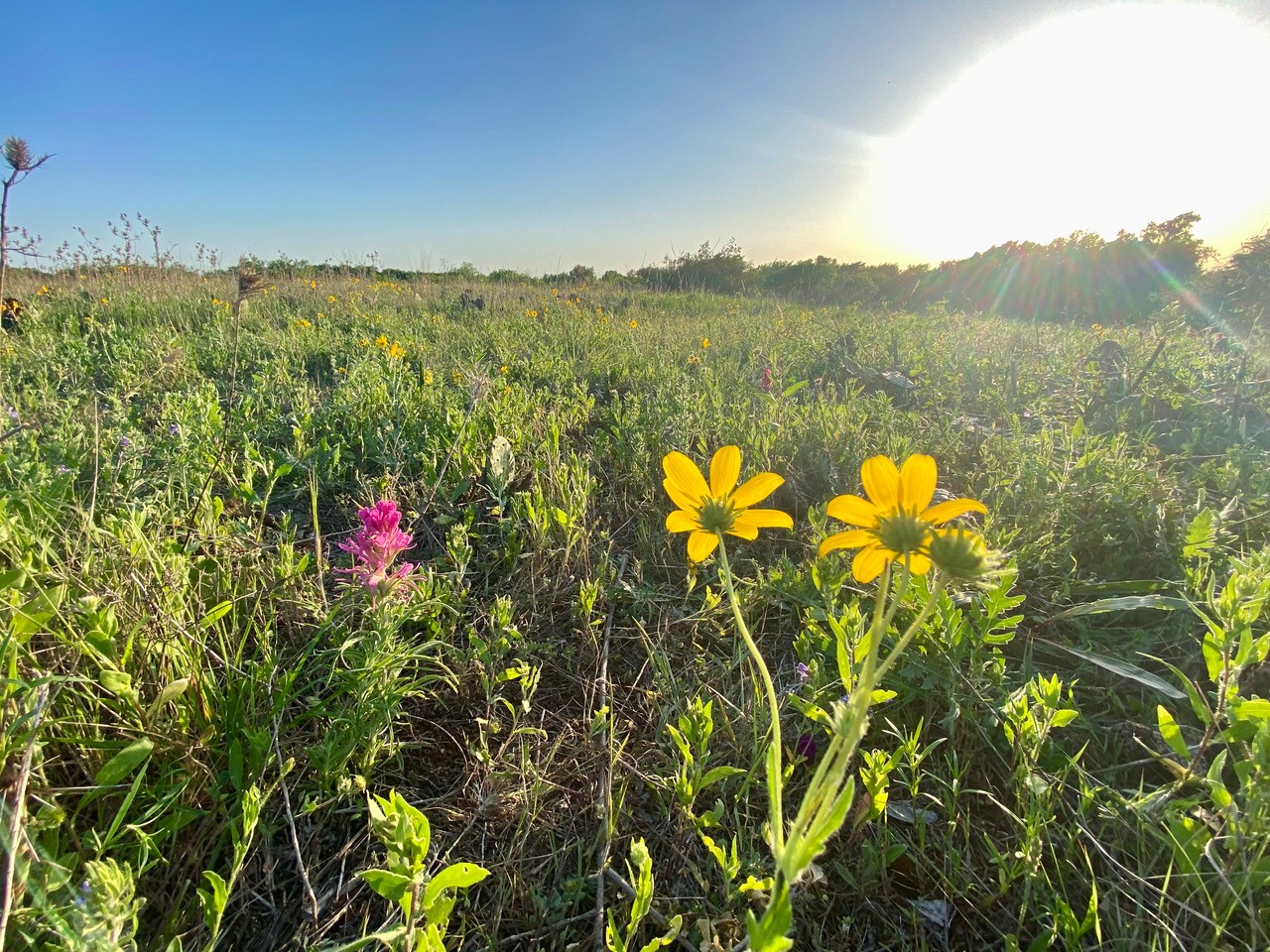
Manos added that youth worked hard in new green jobs outdoors, learned a lot, earned some money, and helped breathe life back into the Fort Worth Prairie.
Learn more about YAP at www.YAPInc.org and follow the organization on Twitter @yapinc.


